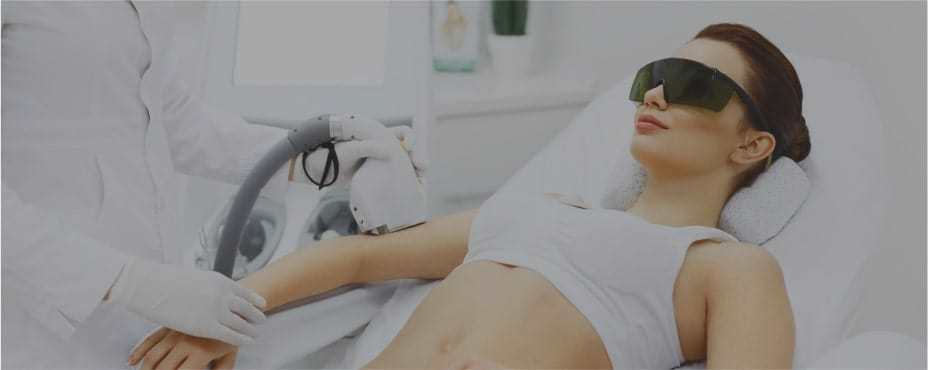Hyperhidrosis, or excessive sweating, is thought to affect almost 3% of the population. To sufferers, the condition can be a daily struggle, it knocks your confidence, restricts your lifestyle, and prevents you from forming relationships.
Sweating is a natural response to certain conditions, such as physical activity, hot weather, anxiety or anger. However Hyperhidrosis is more than just a sweaty palm when you’re feeling nervous, it’s excessive sweat that occurs for no apparent reason on localised areas of the body; the hands, feet, groin and armpits.
There are two types of Hyperhidrosis; Primary Focal Hyperhidrosis and Secondary Generalised Hyperhidrosis. The underlying cause for this depends on which type you have…
Primary Focal Hyperhidrosis (PFH)
PFH occurs for no obvious reason, usually during childhood and puberty. Research shows that this type may be a genetic (inherited) condition, as two-thirds of people with PFH have a relative who also has the condition. Therefore if you know of someone in your family living with Hyperhidrosis, this may explain why you have developed it.
Primary Focal Hyperhidrosis could also occur due to a problem with the sympathetic nervous system. The sympathetic nervous system is an involuntary part of your autonomic nervous system which regulates digestion, the excretion of waste from the body, and sweat production. It is thought that in Primary Hyperhidrosis the ganglia become over-stimulated and produces too much sweat.
Secondary Generalised Hyperhidrosis (SGH)
SGH could be the result of certain medications, such as antidepressants or propanolol. Alternatively, it could also be the cause of an underlying health conditions; heart disease, obesity, hyperthyroidism and certain infections such as HIV, or cancers.
You should contact your doctor if you experience sweating along with certain symptoms associated with illnesses.
For those of you who are aware of your condition, we offer an injection treatment which blocks the nerves that serve the Axillary sweat glands to stop them from producing sweat. This treatment has been shown to result in an 82-87% decrease in sweating.
This treatment is carried out by our Senior Nurse, Debbie Mills, who will give you a free consultation before starting the procedure. For maximum effect, we recommend repeated treatments every three to six months, because of this, we offer a free treatment after your fifth session. For more information about this treatment, click here.

